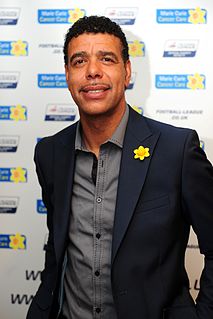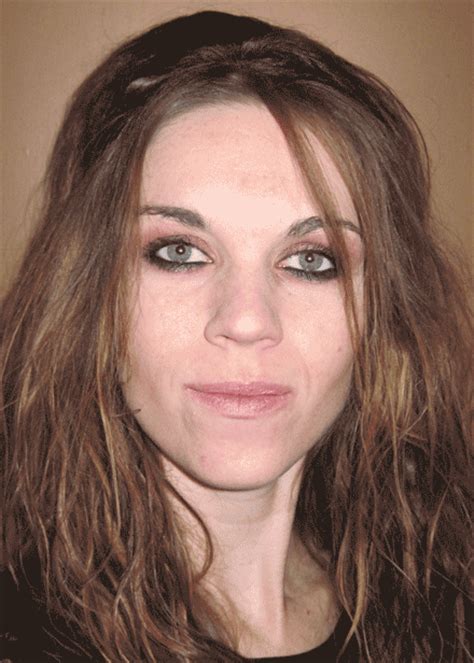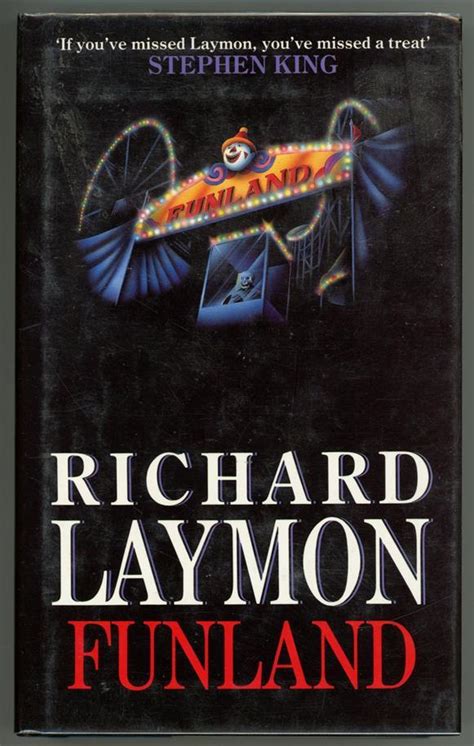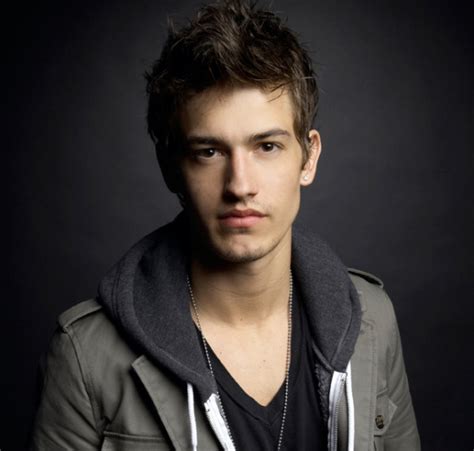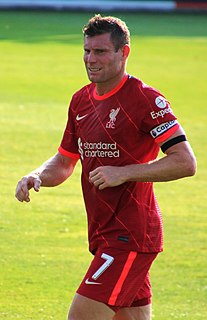A Quote by Alastair Reynolds
I've been enthralled by deep vistas of space and time ever since watching George Pal's film of 'The Time Machine,' while an early encounter with Arthur C. Clarke's 'The City And The Stars' cemented my love for books with a scope spanning millions of years.
Related Quotes
I was only in second grade when the Russian Cosmonaut Yuri Gagarin became the first man in space. The night of his launch - April 12, 1961 - I went out onto the front porch and stared up at the stars, trying to see his capsule passing overhead. Like millions of others, I was enthralled by the idea of space exploration and have been ever since.
A few of my books, over the years, have been optioned for film. The subject matter of my books, however, is not exactly conducive to Hollywood film treatment. If and when a 'big-budget' film is ever made based on one of my books, my fans and I will more than likely loathe it because it won't be true to its source. That's almost a given.
I re-mastered 'The Conversation' a few years ago for DVD. 'The Conversation' was the first film I edited on a flatbed machine - a KEM editing machine. I've been using Final Cut or the AVID for 12 years now, so I was interested in looking at this film and seeing if I could tell if it had been edited the old way. Truth be told, I couldn't.
But as Van casually directed the searchlight of backthought into that maze of the past where the mirror-lined narrow paths not only took different turns, but used different levels (as a mule-drawn cart passes under the arch of a viaduct along which a motor skims by), he found himself tackling, in still vague and idle fashion, the science that was to obsess his mature years - problems of space and time, space versus time, time-twisted space, space as time, time as space - and space breaking away from time, in the final tragic triumph of human cogitation: I am because I die.



